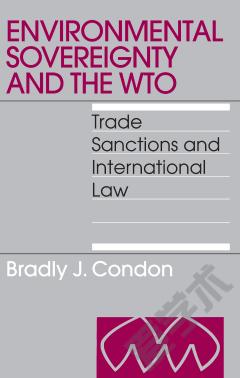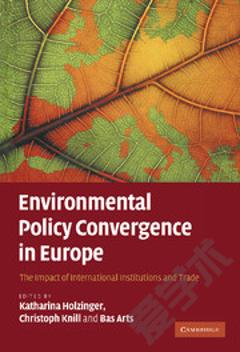International Trade and Environmental Justice: Toward a Global Political Ecology
This new book shows how globalization and international trade create environmental injustices between different parts of the world. Richer nations are able to shift their environmental loads onto poorer areas of the world-system, where labor and natural resources are cheaper and environmental legislation less of an obstacle. The chapters discuss recent approaches to ecological unequal exchange and environmental load displacement that use biophysical metrics rather than money to measure the uneven flows and the environmental impacts of international trade. The approaches discussed include social metabolism and material flow analysis; energy analysis; world-system and social network analysis; ecological footprint analysis; life cycle analysis; and the use of a "green" index of human development.
{{comment.content}}








 京公网安备 11010802027623号
京公网安备 11010802027623号